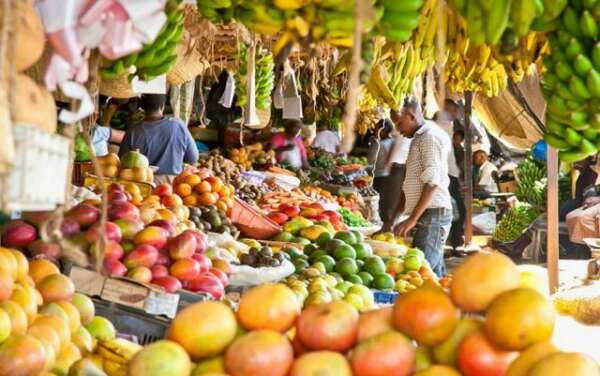Need to invest more in MSMEs to boost tax revenue

The Government continues to face unprecedented and deteriorating cash-flow situation leading to delayed disbursements to county governments and payment of civil servants’ salaries.
This has partly been attributed to increasing public expenditure demands compared to achievable tax and non-tax revenues. This challenge could be addressed if we invested more in Micro, Small and Medium Enterprises (MSMEs).
According to a UN report, MSMEs play an important role in the economy. They are the primary source of net job creation in many countries and are the driving force of innovation and sustainability in the private sector. The report further posits that MSMEs are the predominant form of enterprise and are major contributors to economic growth, generating between 50 per cent and 60 per cent of value added tax.
Kenya aims at growing tax revenues above 17.8 per cent of GDP in the Financial Year 2023/24 and above 18.0 per cent over the medium term, scaling-up revenue collection efforts to Sh3.0 trillion in the FY2023/24 and Sh4.0 trillion over the medium term. Research indicates that Kenya’s tax-to-GDP ratio in 2020 of 15.3 per cent was lower than the average of the 31 African countries, which was 16.0 per cent by that time.
In the past, the country has tried to implement the turnover tax and presumptive tax regimes but in vain. It is time we revisited such initiatives to bring hundreds of these entities on board. It is only through such bold move that we will not only reduce the tax burden on a few Kenyans but also increase tax revenue.
The President is seeking Rwanda’s help to tweak its electronic billing system to ramp up tax collection, especially in the informal sector. The system has seen Rwanda almost double its value-added tax collections, and Kenya hopes to replicate this success. Rwanda’s version of the electronic billing provides real-time data and is increasingly capturing the informal sector, making it efficient in tax collection.
Perhaps the system will help net in entities such as jua kali fabricators, carpentry works, casonry works, transport sector especially matatu operators, small business retail operators in towns and rural areas, high end beauty shops and city salons, AirBnB operators in luxury apartments in major cities across and commercial agricultural farming.
Further, we need to benchmark with Rwanda on its Income Tax Law. It provides an elaborate interpretation of income to consist of services and employment such as activities of a crafts person, singer, artist and a player, sports, cultural and leisure activities, crop farming, animal farming, fishing and forestry activities. The list is comprehensive. Maybe it is through this that we will be able to expand our tax base.
In addition, it is important to develop a simplified accounting framework for tax compliance for small and micro enterprises. This will support financial sustainability of MSMEs in Kenya. We cannot wish taxes away. As Albert Bushnell Hart says, “Taxation is the price which civilised communities pay for the opportunity of remaining civilised”.
— The writer is the head of PR & Corporate Communications – ICPAK












